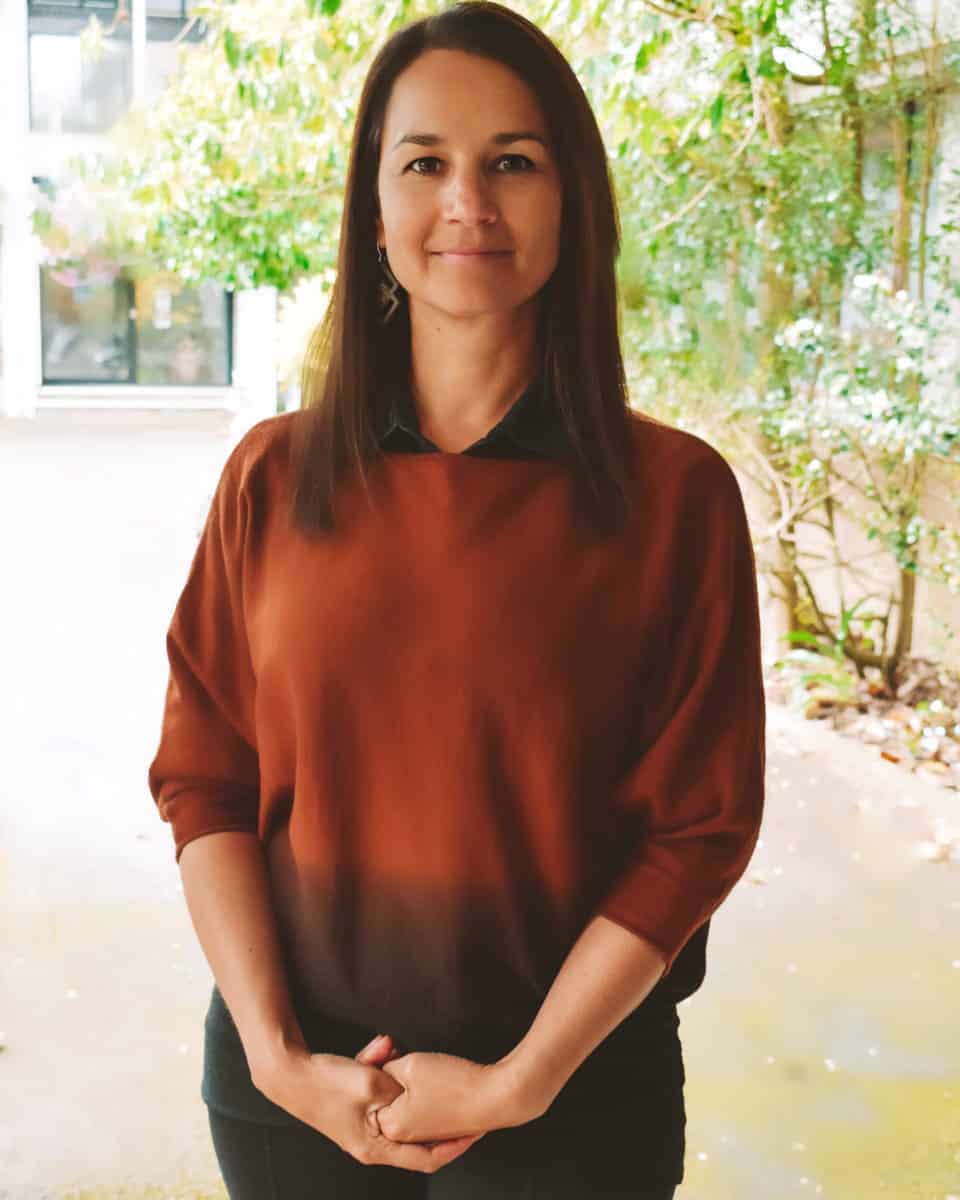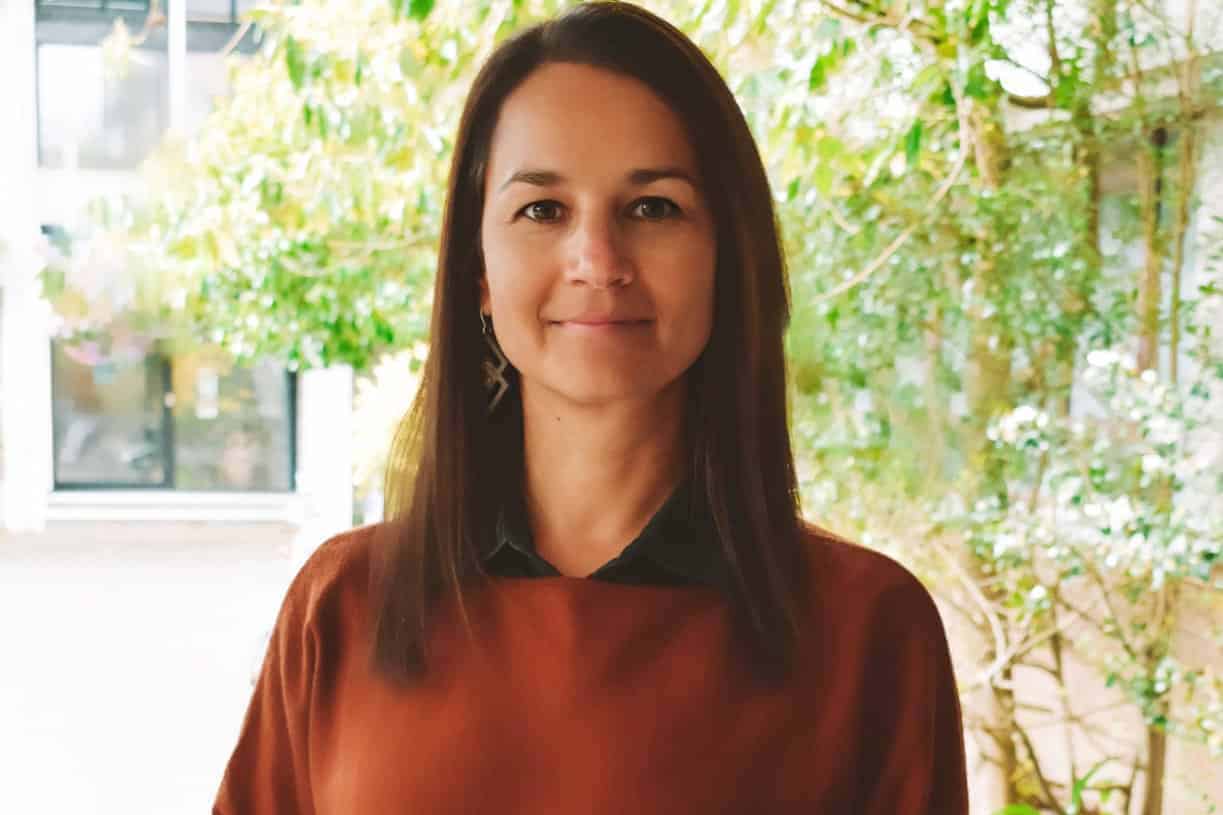Natasha’s research career began at Te Rau Matatini (now known as Te Rau Ora). There, Natasha worked as a Research Officer, while completing her Master’s research in Māori cultural identity and then starting her PhD.
Following the completion of her PhD, Natasha’s research looked at spirituality and spiritual experiences. Natasha focused primarily on near-death experiences – experiences of consciousness by people who have died and been resuscitated – and the effects that they have. This research led Natasha to think outside of the box and challenge scientific understandings about the nature of consciousness, developing an appreciation of the connections between spirituality and well-being.
Along with this knowledge, Indigenous Psychologies is another area where Natasha does research and teaching. “Over the past few years, I have chosen to blend these two streams of research and focus on Māori spirituality and connection to te taiao, and their combined influence on well-being” Natasha says. As such, she brings along a valuable skillset and perspective to the Ngā Rākau Taketake team.
The Mobilising for Action research investment focusses on the human dimensions of managing forest well-being, focusing on connections between people and their environment. At first, Natasha was hesitant about taking on the role of co-lead, due to her research background not being related to biodiversity. However, Natasha’s skills in understanding people and psychology bring great value to the investment.
“Our theme is very much about understanding perspectives and how people connect (or not) to ecosystems, the systemic structures that prevent or facilitate those ecosystem connections, as well as the value and meaning those ecosystems have” Natasha says. “Understanding these things will enable a more informed approach regarding the various ways that people understand, act and/or are inhibited from acting in regard to kauri dieback and myrtle rust in particular.”
Natasha’s research and knowledge of Indigenous Psychologies will provide a great platform for highlighting that Indigenous knowledges (in particular Kaupapa Māori) are not incompatible with ‘Western science’.

“I hope our theme can better elucidate, in ways that have not been done before, the importance of human factors when it comes to biosecurity, as well as advocating for the enhanced use and acknowledgement of Kaupapa Māori in this space.”
When she’s not doing research or teaching, Natasha enjoys getting outdoors with her husband and tamariki. During the summer, they cycled over 550 kilometers across the top of the South Island. It’s this appreciation for Aotearoa’s outdoors that motivates Natasha to be involved in this mahi. “I see it as an opportunity to contribute something in my own little way, and if that something facilitates actions that enable te taiao to thrive, then we as humans will also thrive.”
